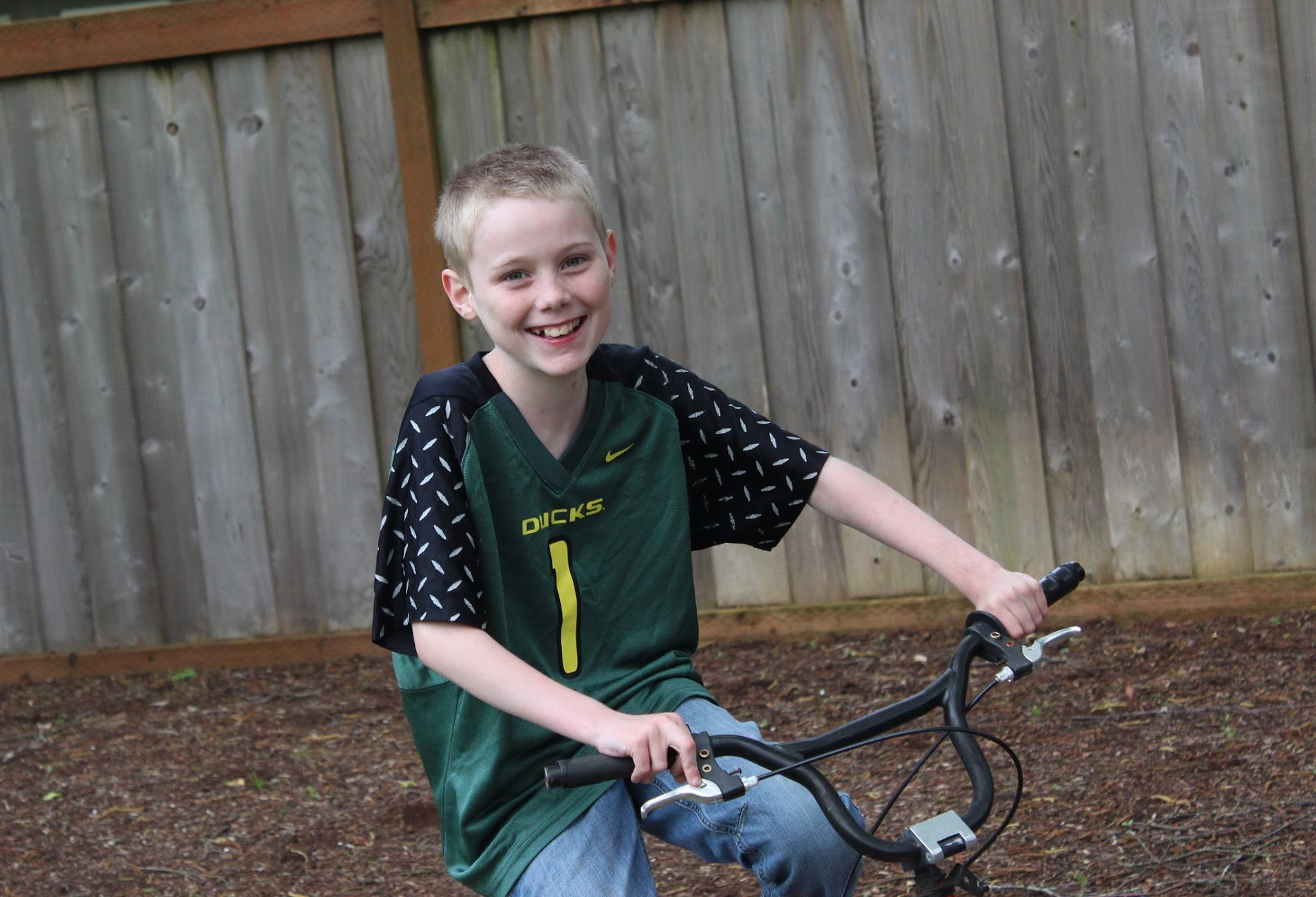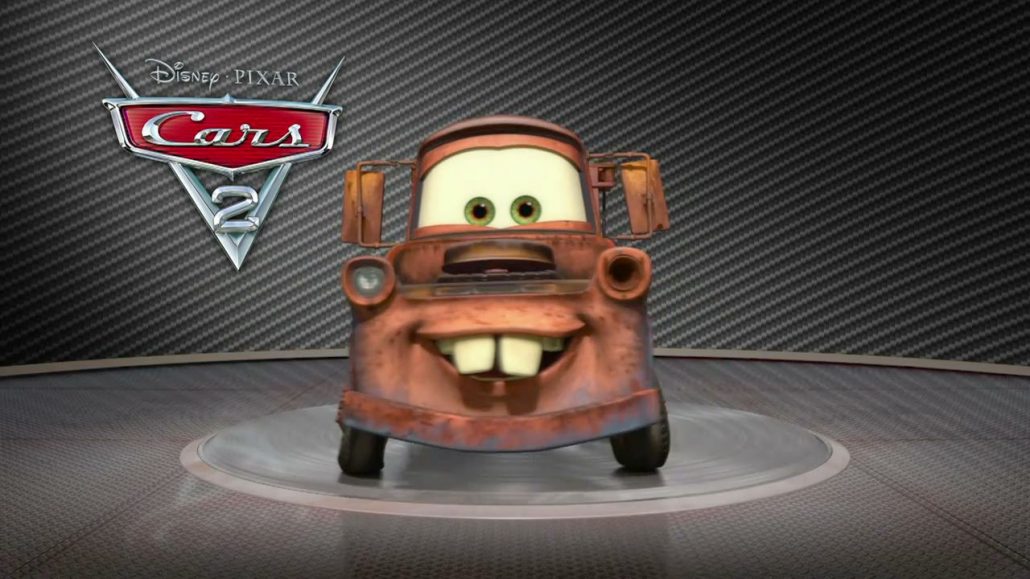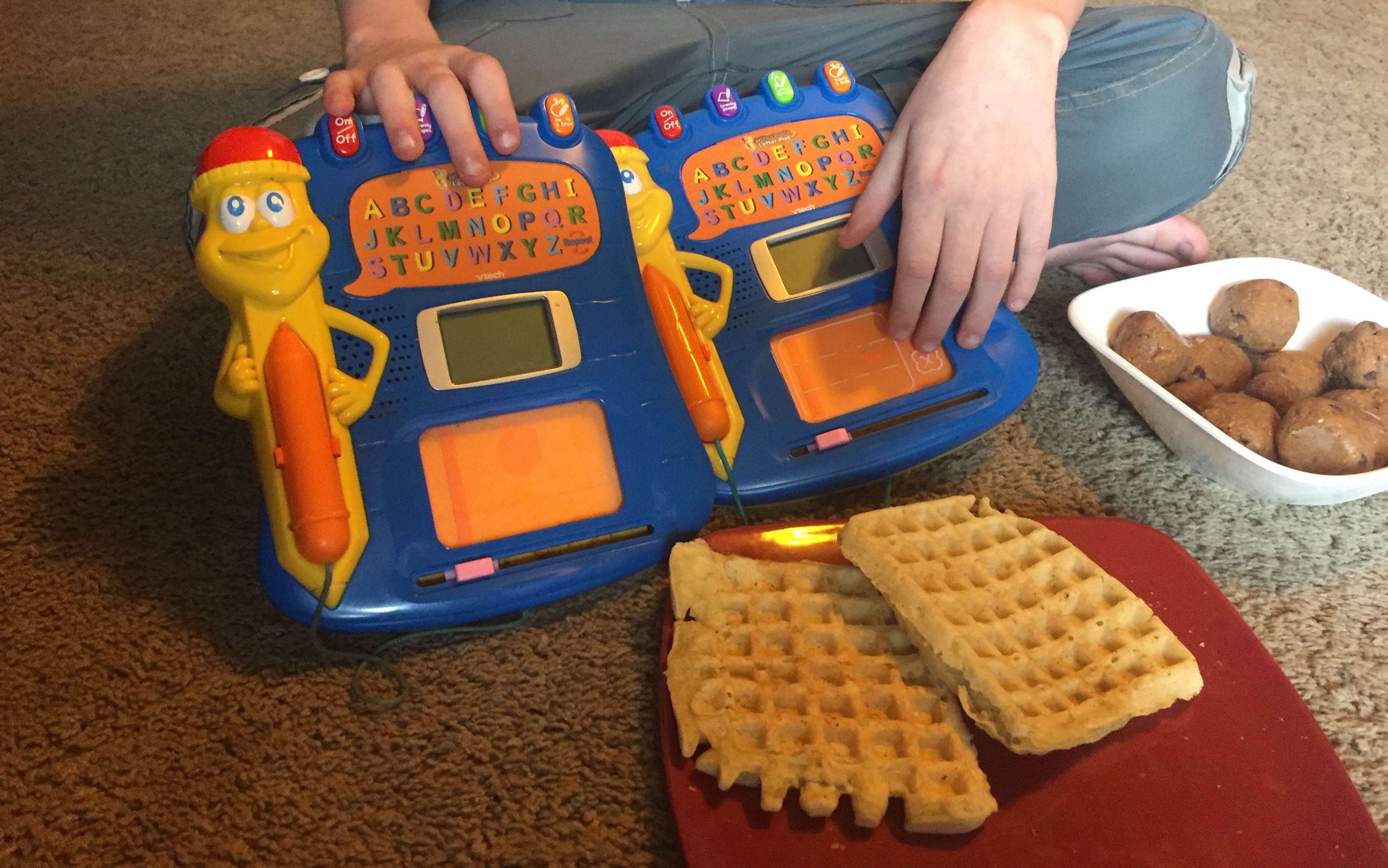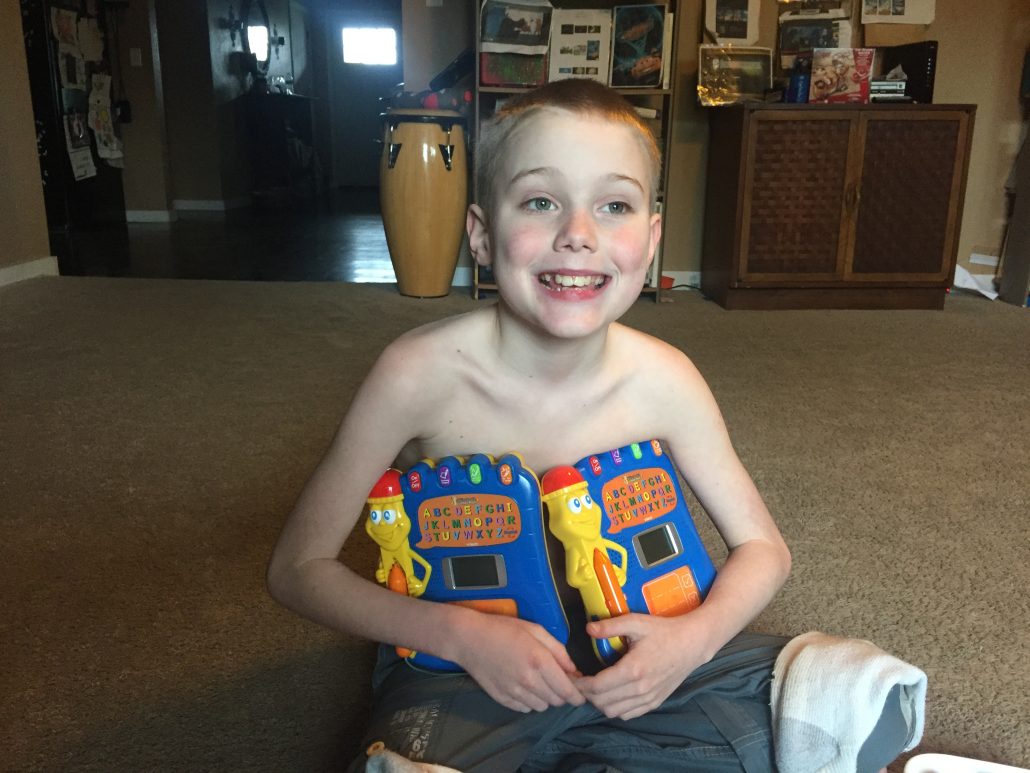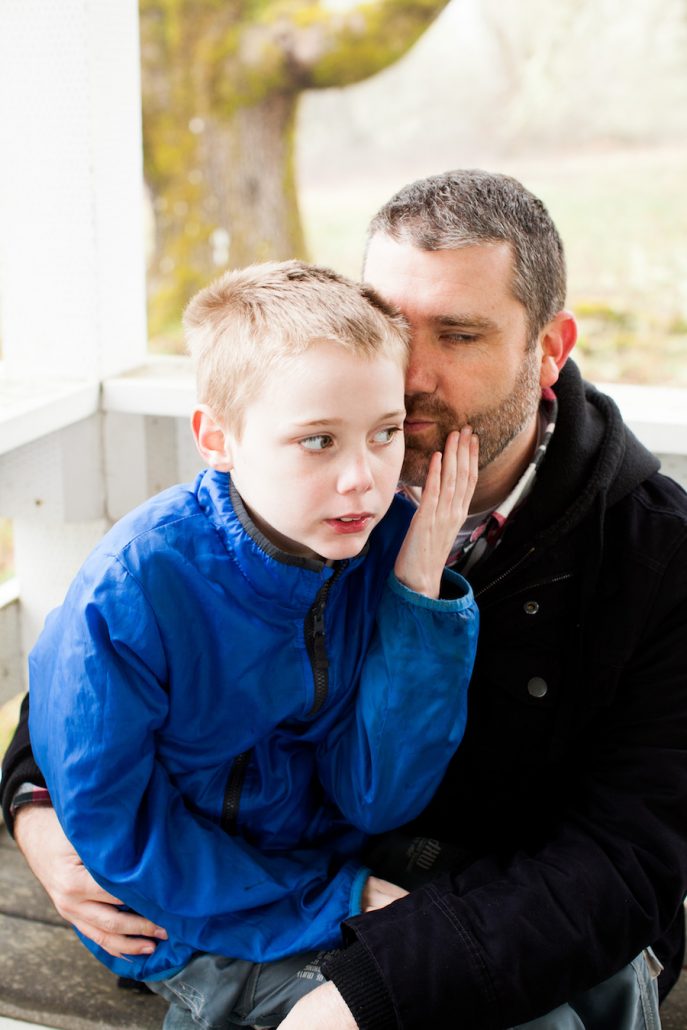Autism, Fatherhood, and the Lure of Isolation
There was an article in the Boston Globe last week about how men tend to let friendships slip away over time. The resulting loneliness has dramatic implications on our physical health, to say nothing of mental health. Why? Because we are hard-wired for “phileo”.
We talk a lot about the need to be loved, but by that, we usually mean the big, obvious kinds. We need agape love, unconditional affection from our parents, our families, and from God. We feel the need for eros, romantic love with sexual expression. But we talk less of our need phileo, the deep, friendship variety. Brotherly love, as it’s called.
As D.C. McAllister wrote, phileo is “a kind of love we desperately need in our lives—passionate, nonsexual love. But we’re so uncomfortable with the expression of intimate, familiar feelings among men that we’ve given it its own name—bromance.” She’s right. Phileo has become a pop-culture punchline. I have to think that is part of what’s driving the trend toward isolation. We don’t take friendship seriously.
Phileo is a need. So why do I run away from it?
When describing my autistic son’s initial regression, I often say he went into a fog. He became distant, he lost his vocabulary, and he refused to look us in the eye. What I don’t say often is that I followed him. I went into my own fog. I became sluggish, troubled, and increasingly introverted. While Jack drifted into autism, I drifted into depression. And I fed that depression with a self-imposed isolation.
Sorrow hung over me for years. I had friends, but I didn’t call them. Instead, I would fold myself into my laptop, plug in some earbuds, and tune out the helplessness, even while my kids tried everything short of setting my socks on fire to get my attention. I would offer a wry nod, then go back to whatever on-screen emergency I had just invented.
Studies show that parents of special needs kids have significantly elevated risks of anxiety and depression.
That makes sense. The physical strain of sleepless nights, the psychological fears of wandering, bullying, and the future all contribute to that risk. But for fathers at least, there’s another factor. Men are fixers. I know, that’s a cliché, but there’s a reason for the stereotype. Men crave resolution. We lean into it. And when we encounter something we can’t resolve — especially something as confounding as autism — we lose our sense of equilibrium. Our confidence comes crashing down.
I wasn’t seeing a counselor during my dark season, but I was fortunate enough to have my boss and senior pastor, Joshua, down the hall. For months on end (or was it years?), I would sit in his office and fall apart on a weekly basis. In retrospect, it wouldn’t have hurt to double down with a therapist.
But then, what are counselors if not friends we pay for out of desperation?
Don’t get me wrong, it’s a wonderful and immensely helpful profession, but if people talked to their friends more often—-I mean real conversations in the bond of phileo-—don’t you think many of us would find healing organically?
I had organic friends. I just didn’t hang out with them. And for that reason, it took me far too long to mend.
Then one Sunday, I was onstage preaching about going through pain, and it all came out in a rush. Jack was going through a frightful season, and we were all hurting with him. I ended up awash in tears. Big, ugly tears.
When it was all over, two men stood at the foot of the stage, looking up at me with red eyes of solidarity. Two good men. Friends. I stepped toward them, and they embraced me together without shame. I wept some more, right out in the open. I think they did, too.
And at that moment, I swear I heard a whisper deep inside me: “I have given you brothers.”
Indeed, I have brothers, but even years later, I still have to fight the urge to live as if I don’t. Because I’m a man, see, and “I got this! What? You don’t think I got this?”
Yeah… I don’t got this. “It is not good for man to live alone.” We quote those words at weddings, but it’s as true for phileo as it is for eros. It is not good for man (or woman) to live without friends. We are relational beings, like it or not. When we pull away from relationships, we suffer. That is part of our design. Life is built to be shared, not hidden.
I recently joined some guys for a weekend at the coast. I was too busy to go, but I went anyway. We had no agenda, and ended up wasting time together over beach bocci ball, grilled meats, and an assortment of grizzly banter. But of course it was more than that. We were sharing troubles. We were trading life. We were lending strength.
One of those mornings, I walked to an overlook at Seal Rock beach, the same hidden paradise where we shot our viral video last summer. For an instant, it was as if I stood above my entire journey with Jack. All the heartache of his diagnosis, the depression, the growth and the setbacks, the hiddenness turned shockingly public with a single upload—-all of it hit me afresh. And again, I heard the words, “I have given you brothers.”
I am glad to be out of the fog, and to see the path again. But most of all, I am grateful I do not journey alone.
***
Feature image provided by Daniel Horacio Agostini at Flickr.com under Creative Commons License.



